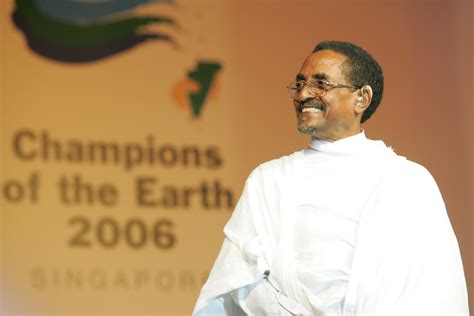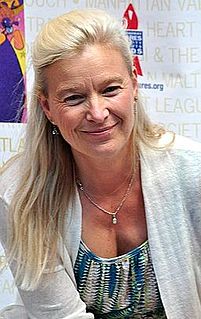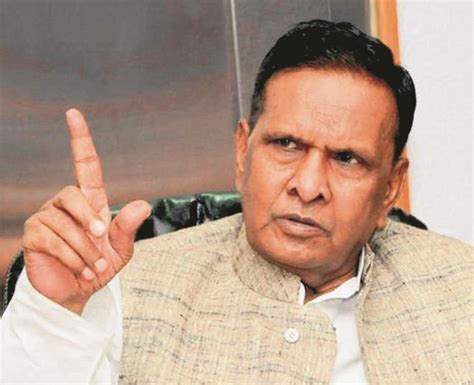A Quote by Antoine Lavoisier
One succeeds in obtaining an equivalent production at a lower price by improving the arts, trades and agriculture and by developing the physical and moral qualities of workers, farmers and craftsmen.
Related Quotes
The Nuffield report suggests that there is a moral imperative for investment into GM crop research in developing countries. But the moral imperative is in fact the opposite. The policy of drawing of funds away from low-cost sustainable agriculture research, towards hi-tech, exclusive, expensive and unsafe technology is itself ethically questionable. There is a strong moral argument that the funding of GM technology in agriculture is harming the long-term sustainability of agriculture in the developing world.
The division between the useful arts and the fine arts must not be understood in too absolute a manner. In the humblest work of the craftsmen, if art is there, there is a concern for beauty, through a kind of indirect repercussion that the requirements of the creativity of the spirit exercise upon the production of an object to serve human needs.
Agriculture is not crop production as popular belief holds - it's the production of food and fiber from the world's land and waters. Without agriculture it is not possible to have a city, stock market, banks, university, church or army. Agriculture is the foundation of civilization and any stable economy.
A decade ago, critics suggested biotech crops would not be valuable in the developing world. Now 90 percent of farmers who benefit are resource-poor farmers in developing countries. These helped alleviate 7.7 million subsistence farmers in China, India, South Africa, the Philippines from abject poverty.
Twelve thousand years ago, everybody on earth was a hunter-gatherer; now almost all of us are farmers or else are fed by farmers. The spread of farming from those few sites of origin usually did not occur as a result of the hunter-gatherers' elsewhere adopting farming; hunter-gatherers tend to be conservative.... Instead, farming spread mainly through farmers' outbreeding hunters, developing more potent technology, and then killing the hunters or driving them off of all lands suitable for agriculture.
In the kingdom of ends everything has either a price or a dignity. Whatever has a price can be replaced by something else as its equivalent; on the other hand, whatever is above all price, and therefore admits of no equivalent, has a dignity. But that which constitutes the condition under which alone something can be an end in itself does not have mere relative worth, i.e., price, but an intrinsic worth, i.e., a dignity.




































